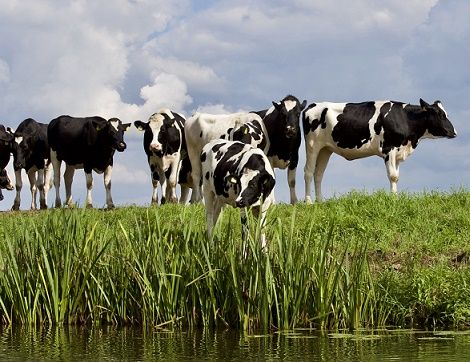Denmark is committed to reducing greenhouse gases by 40 percent by 2020 and farming is one of the major sources of methane.
A new report just released by the environmental arm of the Danish economic council, Det Miljøøkonomiske Råd, suggests that a tax of 2,280 kroner per year be levied on cows.
Milking the motorist?
According to the council, from the society’s point of view the cow tax would be the cheapest way to reduce greenhouse gasses.
READ ALSO: ‘Greener’ cows could be in the pipeline
The alternative, which would involve hitting car owners, could prove very difficult as cars are already highly taxed and it would also be hard to increase fuel prices even more.
As well as the tax the report also suggests that farmers who introduce measures to restrict emissions should be rewarded financially, so they would actually get some of the money back.
Potential job losses
Dairy farmer Kim Jørgensen has 270 cows. He estimates that it would cost him between 500,000 and 800,000 kroner if the new proposal is adopted, reports DR Nyheder.
“I think this could cost a number of my colleagues their livelihoods,” said Jørgensen.
He is also worried about the effect on competition. “It means I will have to compete with colleagues from Europe that don’t have this tax. We’ll be at a disadvantage,” he added.
“Perhaps consumers will prefer to buy their milk if it is cheaper. I think it is wrong if Denmark is especially penalised compared to the rest of Europe.”















